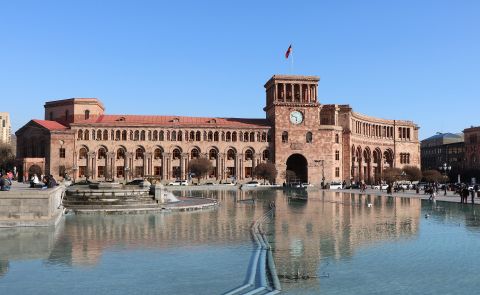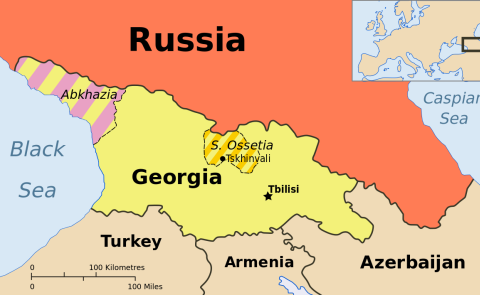
Georgia’s Protest Movement Gains Momentum as Government Defends Independence and Economic Growth
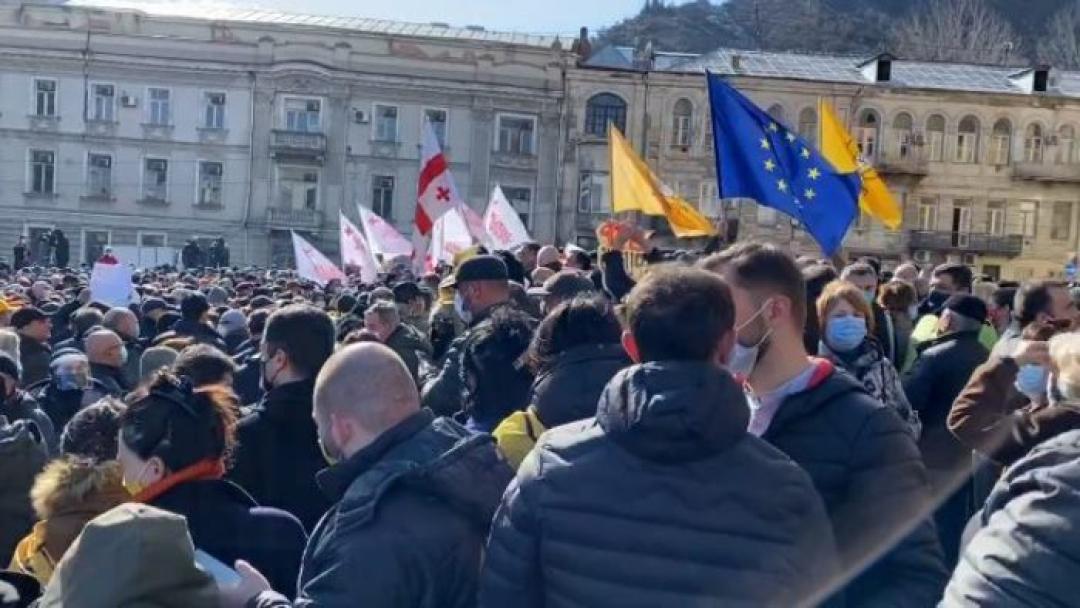
On March 31, thousands of demonstrators gathered on Rustaveli Avenue to mark the anniversary of Georgia’s 1991 independence referendum and protest under the slogan "The People’s Spring is Coming." Fifth President Salome Zourabichvili addressed the crowd, emphasizing international support for the movement.
Zourabichvili criticized the ruling Georgian Dream (GD) party, stating that its repression of protests demonstrated political failure. "They could not stop the protest. They could not silence the people. They could not suppress, intimidate, or divide you," she told the crowd, adding that despite the government’s financial and political resources, "they have no results." She claimed that the GD’s rule depended on three pillars: the financial interests of an "inner circle of oligarchs," Russian propaganda, and a system of repression. She emphasized that "weakening and dismantling these pillars" was essential to restoring Georgia’s democracy and described the movement as a long but ultimately successful nonviolent struggle.
Zourabichvili reaffirmed her commitment to her oath "to serve, to defend the Constitution, and to uphold the will and interests of the Georgian people," stating that she remains the legitimate President of Georgia until new free and fair elections are held. She called for the protest movement to expand its strategy beyond street demonstrations, announcing the creation of a "Resistance Platform" to unite pro-European parties in demanding "new and fair elections and the release of political prisoners." According to Zourabichvili, this platform would align political positions, develop strategies, and implement mechanisms to prevent electoral fraud by the GD government. She stressed that "the public will be fully and immediately informed," and civil society groups would be engaged in a joint strategy. Additionally, she emphasized the importance of preparing for elections and training observers to protect votes, stating that the Georgian Charter should serve as the platform’s roadmap to restoring democracy.
During her speech, Zourabichvili stated that five months after the contested elections, "not a single democratic country has recognized the fraudulent vote or the legitimacy of the ruling government." She highlighted that the leaders of the Baltic states had asked her to convey their solidarity with the Georgian people. According to Zourabichvili, invitations to high-level meetings without the ruling party signified support for the protest movement. She urged demonstrators to persist, warning against false expectations and division, stating, "They want us to turn against each other – campaigns initiated by them serve that purpose."
On the same day, Prime Minister Irakli Kobakhidze addressed a government meeting, emphasizing the significance of March 31 and the 86th birthday of the country’s first president, Zviad Gamsakhurdia. He stated that more than 90% of voters had participated in the referendum, with over 99% supporting independence, demonstrating national unity. He stressed the importance of honoring Gamsakhurdia’s role and remembering those who sacrificed their lives for Georgia’s independence.
Kobakhidze noted that since 1991, Georgia had endured four wars, two revolutions, economic crises, and other challenges but had managed to strengthen its independence. "Independence requires constant vigilance, and today, we can confidently say that Georgia is independent and sovereign like never before," he stated. He emphasized that economic growth was crucial to maintaining independence, highlighting that in January and February 2025, Georgia recorded economic growth rates of 11.1% and 7.7%, respectively. According to Kobakhidze, the International Monetary Fund (IMF) projected Georgia to have the highest economic growth in the region and across Europe from 2025 to 2029.
Additionally, Kobakhidze introduced a new initiative offering tax incentives to Georgian startups developing high-tech and innovative products. He explained that these startups would receive a 0% income tax rate for the first three years, aiming to attract international startups and transform Georgia into an innovation hub. He also mentioned plans to expand the functions of the Audit Office within the Government Administration, stating that a legislative initiative would soon be submitted to Parliament to enhance government oversight and project efficiency. "The goal of this initiative is to maximize the cost-effectiveness and quality of projects implemented by various ministries," Kobakhidze stated.
See Also

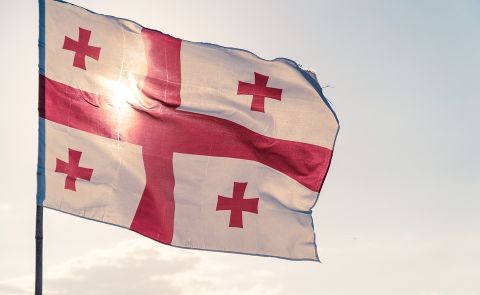
Georgian Bishop Accuses Government Official of Plotting Assassination; Opposition Leader Alleges Husband’s Abduction
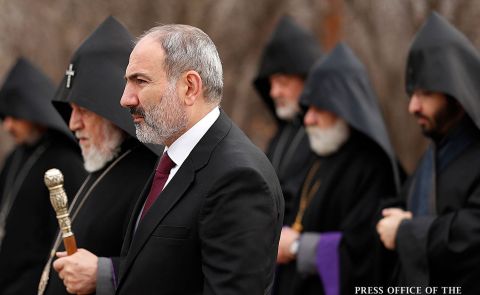
Armenian Government and Church Face Growing Tensions Over Leadership Allegations
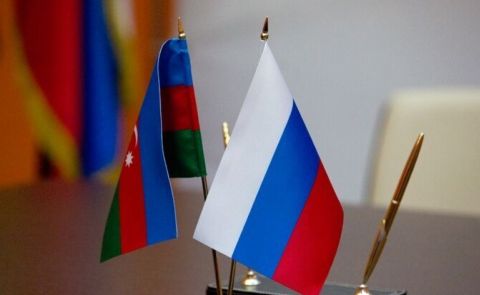
Tensions Rise Between Russia and Azerbaijan Over Medinsky’s Ukraine Conflict and Karabakh Remarks
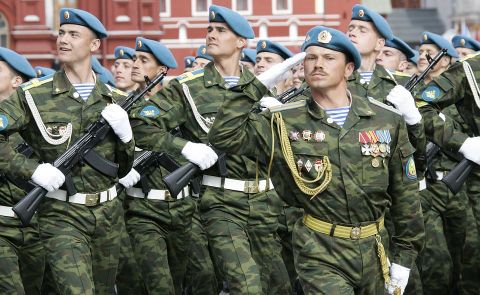
Chechen Official Outlines Conscription Rules for Russia-Ukraine War
